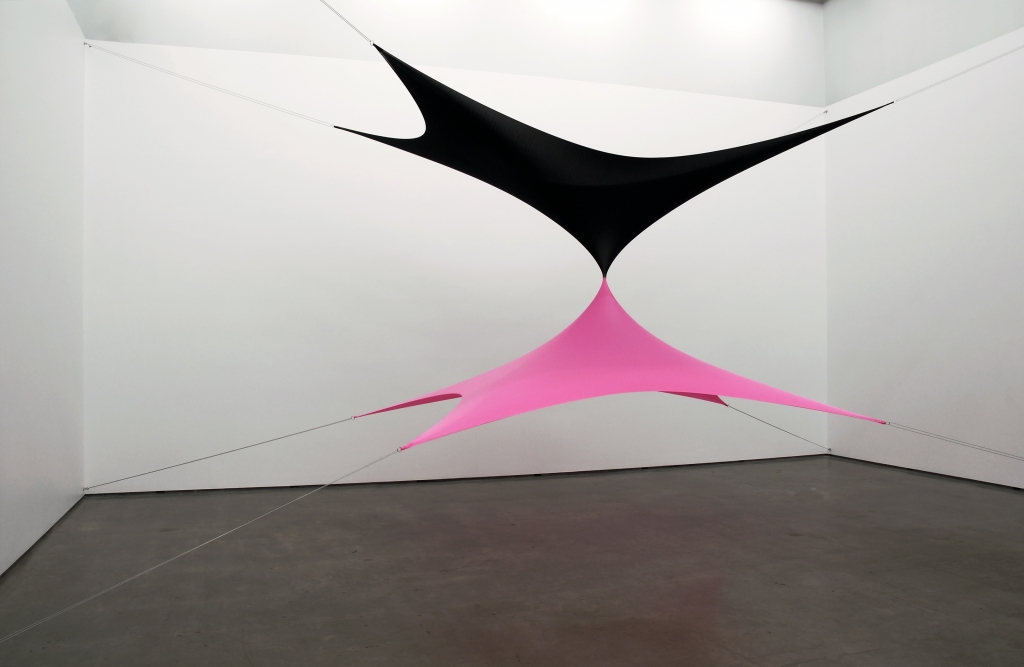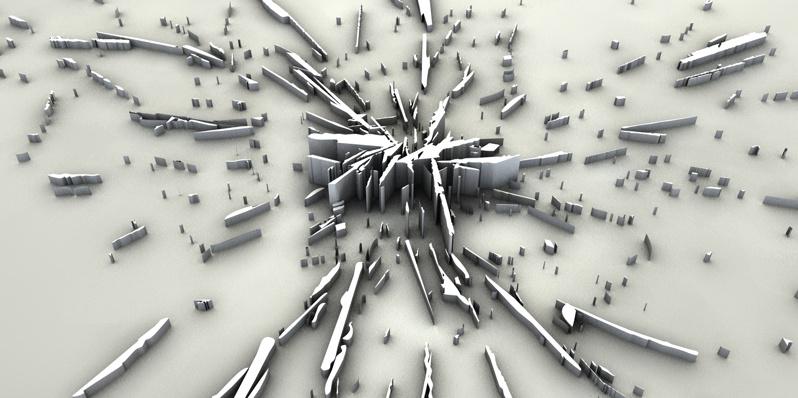فلوريان هيكر
フロリアン·ヘッカー
Sound Installation
In his installations, live performances and publications, Florian Hecker deals with specific compositional developments of post-war modernity, electroacoustic music as well as other, non-musical disciplines. He dramatizes space, time and self-perception in his sonic works by isolating specific auditory events in their singularity, thus stretching the boundaries of their materialization.
Their objectual autonomy is exposed while simultaneously evoking sensations, memories and associations in an immersive intensity. Some of his works incorporate psycho-acoustic phenomena, disorienting listeners’ spatial perceptions and expanding their conception about sound. Hecker’s most recent recording, Speculative Solution ( Editions Mego, 2011), brings together Hecker’s sonic practice and psychoacoustic experimentation with philosopher Quentin Meillassoux’s concept of ‘hyperchaos’ – the absolute contingency of the laws of nature.
During his residency at MIT, Florian Hecker will research a new sound piece that takes the concept of the “auditory chimera” as point of departure. Originally developed at MIT by Bertrand Delgutte, senior research scientist at the MIT Research Laboratory of Electronics, the concept of the auditory chimera inspires an exploration of the relationship between pitch perception and sound localization. Hecker will create a text and sound piece that incorporates the recordings of material read by students. Using an anechoic chamber he will work with students to explore the experiential nature of psycho-acoustic practice.








